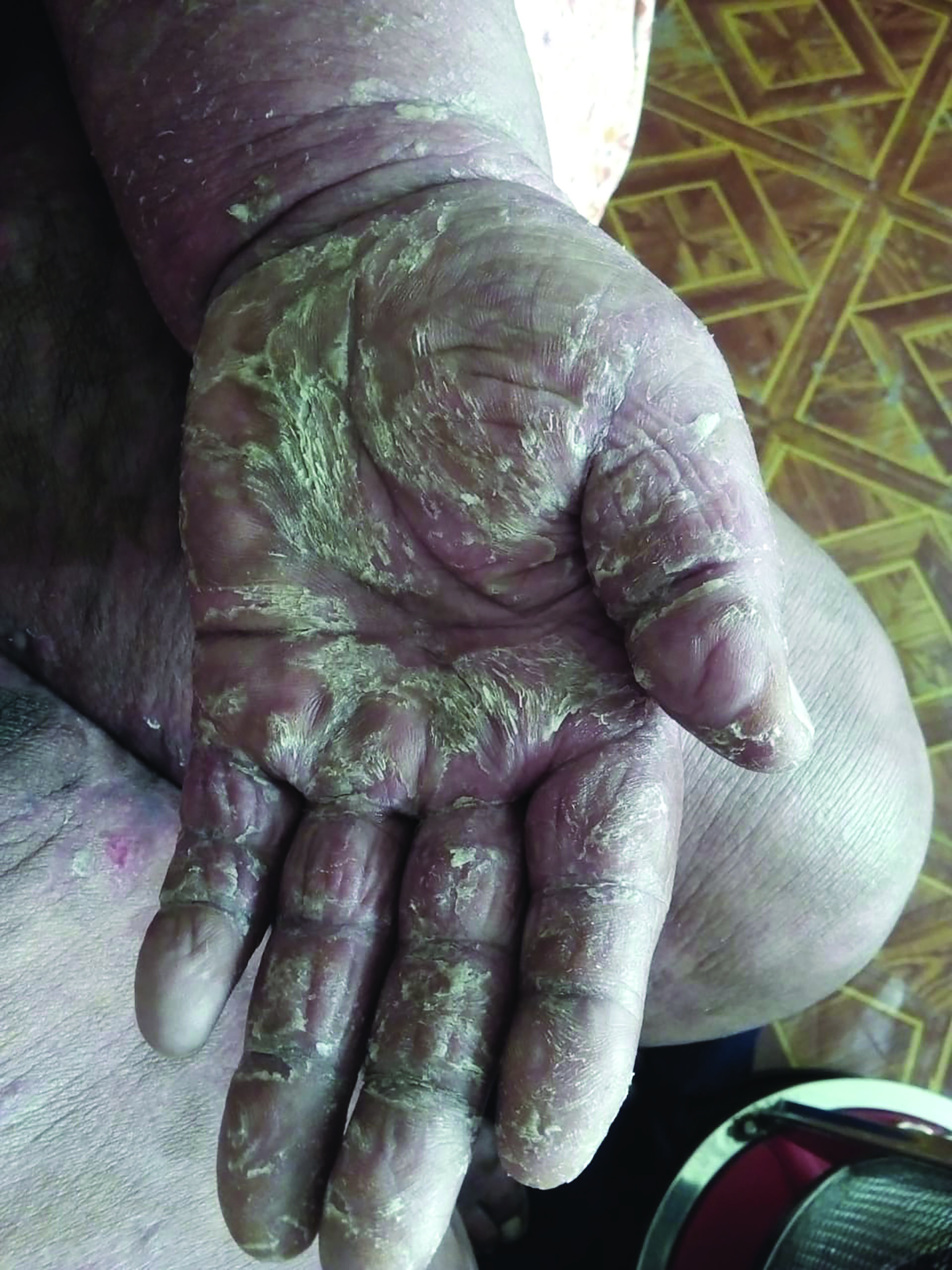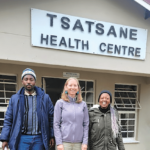The Childhood Cancer Organisation in Lesotho has issued a stark warning about the urgent need for early detection of kidney cancer in children, an illness too often misinterpreted as witchcraft because of its primary symptom, a swollen abdomen.
Mampho Tšupane, founder and Deputy Chairperson of the Organisation, emphasised the devastating impact of delayed diagnosis and treatment. Tšupane cited a heartbreaking recent case where financial and family challenges led to a child’s death after treatment was discontinued.
“Last year, we lost a child to kidney cancer after treatment in Bloemfontein was halted,” Tšupane said. “The challenges were financial and family-related. These made it impossible for the baby to continue receiving care,” she explained.
“After stopping treatment, the child’s condition worsened. The abdomen became swollen again, the cancer spread aggressively, and multiple tumours developed.”
The Childhood Cancer Organisation plays a critical role in closing this gap, identifying vulnerable families, raising awareness, and helping them resume or access life-saving treatment.
Tšupane detailed the symptoms of kidney cancer in children, urging parents to be vigilant. “When a child has kidney cancer, the stomach may swell and harden, with visible blood vessels under the skin. In some cases, the tumour may be visible. The child may also suffer from intense pain, fever, and blood in their urine,” she said.
However, cultural beliefs are proving to be a dangerous obstacle.
“Because of the swollen stomach, many parents associate this with witchcraft. They often begin by consulting traditional doctors, moving from one to another,” she said.
“This delays the child from receiving a proper diagnosis and timely treatment. And by the time they seek help in hospitals, the cancer has often advanced and spread, making it far more difficult to treat.”
Tšupane also highlighted the distinction between types of kidney cancer in adults and children.
While adults are typically affected by Renal Cell Carcinoma (RCC), children often suffer from Neuroblastoma, a form that primarily occurs in children aged 0 to five years. A rarer childhood variant, Clear Cell Carcinoma, has not yet been observed by the Organisation in Lesotho.
“Like all cancers, kidney cancer in children is treatable if caught early,” Tšupane stressed. “We do have survivors within our Organisation, but sadly, there are also those we have lost.”
The Childhood Cancer Organisation supports families through various initiatives, including a WhatsApp group where parents of children diagnosed with any of the nine types of cancer known to affect children in Lesotho can share experiences and receive both emotional and psychological support.
Tšupane called for intensified public education on childhood cancer.
“It’s crucial to raise awareness about all cancers. Informed people make informed choices, which improves survival rates. Awareness will help more parents understand what they are dealing with and seek timely help,” she said.
She challenged the government to ramp up its efforts.
“Our government still has a long way to go in creating awareness about childhood cancer. We have started the work, but we cannot do this alone. The Ministry of Health needs to do more,” she urged.
She also appealed for stronger government support for medical professionals.
“We need enhanced training for healthcare workers to improve early detection. More children would survive if their cancer was caught and treated in time.”
Tšupane further urged the government to implement robust follow-up systems to ensure children complete their treatment. “We appreciate that government facilitates treatment, but they must also educate parents and ensure follow-ups. Some children never finish their treatment, either because the parents lack understanding, or because they simply can’t afford to keep travelling, especially from remote areas to Maseru, to be taken to South Africa.”
Meanwhile, Minister of Health Selibe Mochoboroane has recently confirmed that Lesotho is making progress in the fight against cancer, with support from the International Atomic Energy Agency (IAEA) and the Rays of Hope Initiative.
Mochoboroane cited the training of oncology nurses and specialists, as well as ongoing programmes for radiologists and medical physicists. Efforts are also underway to strengthen surgical oncology, pathology, palliative care, and psychological support services.
Globally, the World Health Organisation (WHO) estimates that 400,000 children and adolescents (aged 0–19) develop cancer each year. While over 80 percent of children with cancer survive in high-income countries, the survival rate drops to less than 30 percent in low- and middle-income countries due to late diagnosis, misdiagnosis, treatment abandonment, and limited access to essential medicines.
The WHO also reports that only 29 percent of low-income countries have general access to cancer medicines, compared to 96 percent in high-income nations.
Summary
- The Childhood Cancer Organisation in Lesotho has issued a stark warning about the urgent need for early detection of kidney cancer in children, an illness too often misinterpreted as witchcraft because of its primary symptom, a swollen abdomen.
- And by the time they seek help in hospitals, the cancer has often advanced and spread, making it far more difficult to treat.
- The Childhood Cancer Organisation supports families through various initiatives, including a WhatsApp group where parents of children diagnosed with any of the nine types of cancer known to affect children in Lesotho can share experiences and receive both emotional and psychological support.

Ntsoaki Motaung is an award-winning health journalist from Lesotho, specializing in community health stories with a focus on sexual and reproductive health and rights, as well as HIV. She has contributed to platforms like “Be in the KNOW,” highlighting issues such as the exclusion of people with disabilities from HIV prevention efforts in Lesotho.
In addition to her journalism, Ntsoaki serves as the Country Coordinator for the Regional Media Action Plan Support Network (REMAPSEN). She is also a 2023 CPHIA Journalism Fellow.









